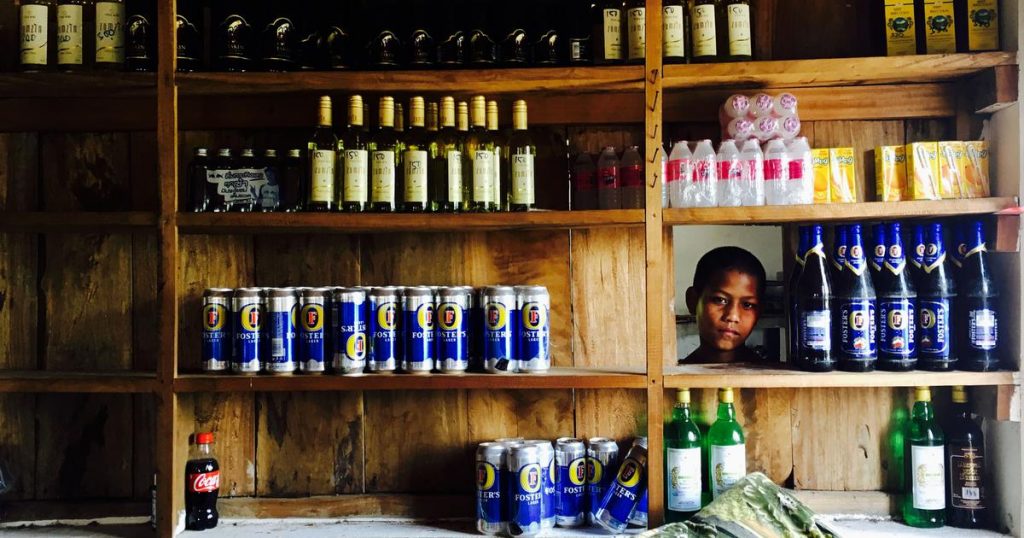On August 10, Madhya Pradesh amended its century-old, colonial Excise Act of 1915 to legalise and profit off ‘Heritage Liquor’, or liquor produced by tribal communities, and prescribed the death penalty to deter the production of spurious liquor. An opportunity to dispose of colonial and casteist oppression in the law has instead capitalised it.
The manufacture and consumption of alcohol is central to the culture, religion and economy of several Adivasi communities, as well as Vimukta or denotified nomadic communities that were originally listed as ‘hereditary criminals’ under the Criminal Tribes Act of 1871. British colonial authorities characterised tribal alcohol consumption as a social ill.
However, in their ‘civilising’ mission, they instituted a regime of monopolising and taxing alcohol trade to line British pockets with windfall profits. Consequently, the MP Excise Act, 1915, is a marriage of market and colonial morality. It imposes a centralised and commercialised…
